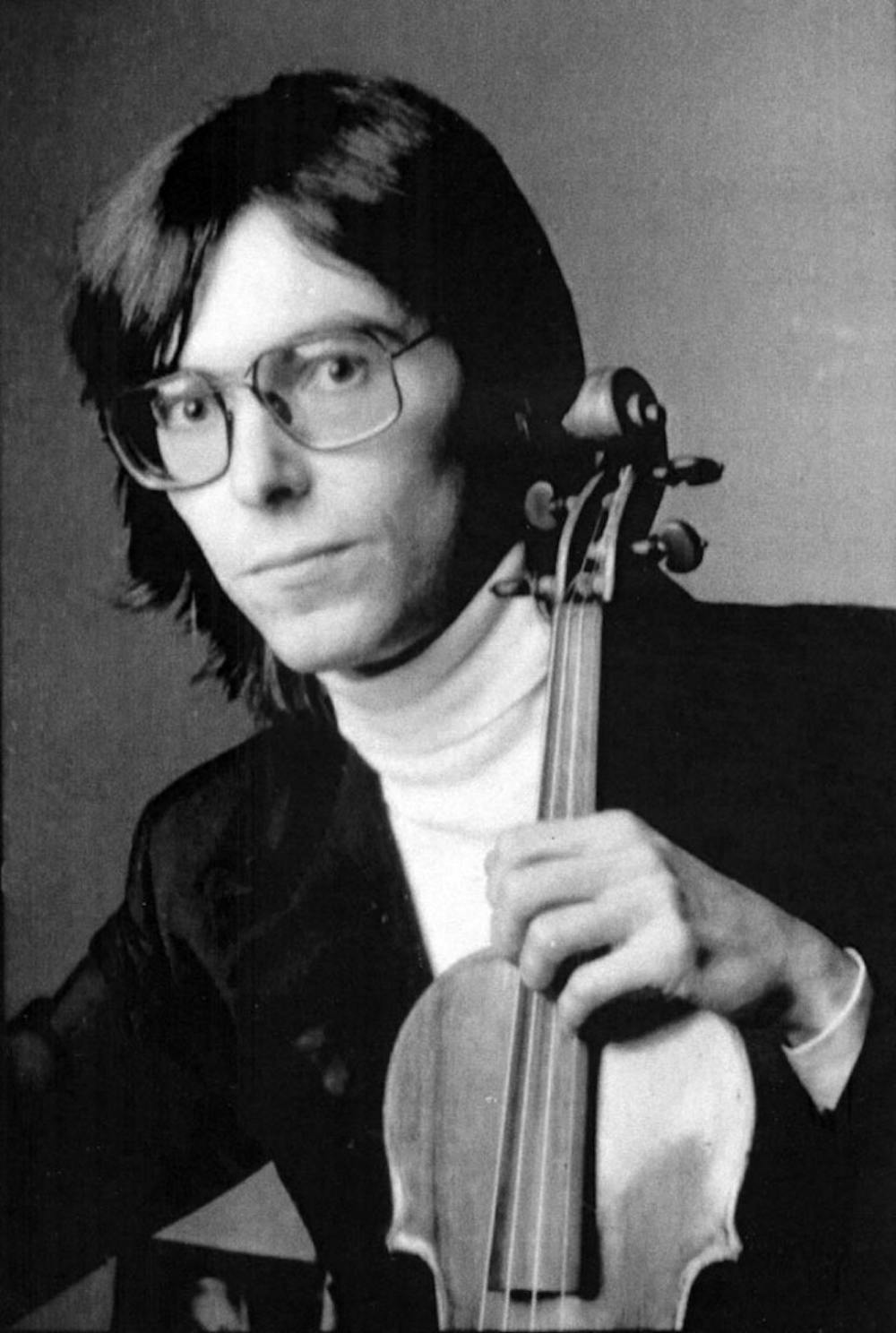Rolf Schulte, violin, and James Winn, piano, are giving a lecture and performance on Thursday and Friday as part of the UNC Department of Music’s Conversations in Modern Music series.
Staff writer Ellie Nelson spoke with Schulte about modern music and composers.
The Daily Tar Heel: What can we expect from the lecture?
Rolf Schulte: Of course, I have known (UNC Music Department chair) Allen Anderson for a while. I was a little bit surprised when he asked me to give a lecture on modern music. The program for the performance is not necessarily a new music program. What I’m planning to do on Thursday is mainly feature the Martino work. Donald Martino was one of the most important composers this country has ever had. I want to show "Fantasy Variations" influences and the marvelous way it was written for the violin, the basic nature of the piece being a fantasy. We might also play part of Schoenberg’s "Phantasy."
DTH: I understand that you’ve played with Dr. Winn before. What is your professional relationship like?
RS: We’ve played a lot over the last, easily 15 years, maybe close to 20. I’ve stopped counting. We recorded and premiered, at the Library of Congress, a Fred Lerdahl piece written for me. We’ve done tons together.
DTH: Can you tell me a little bit about the pieces you’ll be playing? How did you select them?
RS: Allen Anderson asked me to do the program, and asked me to play Carter. So at first I’ll be stepping out alone, though I don’t really like performing that way, with two Carter pieces. In his pieces, he honors other composers and some players with whom he had personal relationships. When Carter was about 100 — you know, Elliott Carter lived to be 103 — he honored late wife with (Mnemosyné). It has a beautiful sparse texture. Then I’ll play two little (Schoenberg) arrangements that I wrote with a friend. They’re usually performed with a bigger ensemble, five or six players. But I think the arrangements for two turned out pretty well. We’ll also play a nice little Webern piece. So it’ll be a long first half. After the intermission, we’ll play Busoni. He was a premier pianist of his generation, Busoni, a trailblazer in performing Bach, Beethoven and Liszt. Busoni is interesting because he has one foot in the late Romantic era. He has a wonderful set of variations on the Bach chorale. It’s three movements in one, no intermission, marvelously constructed. It was unusual for its time because it starts with a slow movement, then has very fast second movement, and then the third movement is variations. And we’ll also play the Martino. I identify with Martino and Busoni because I think of myself as Italian and German, and they combine the Italian/German aesthetic.
DTH: How would you describe modern music? Is there a specific time period you would give it? What are some elements of modern music?



